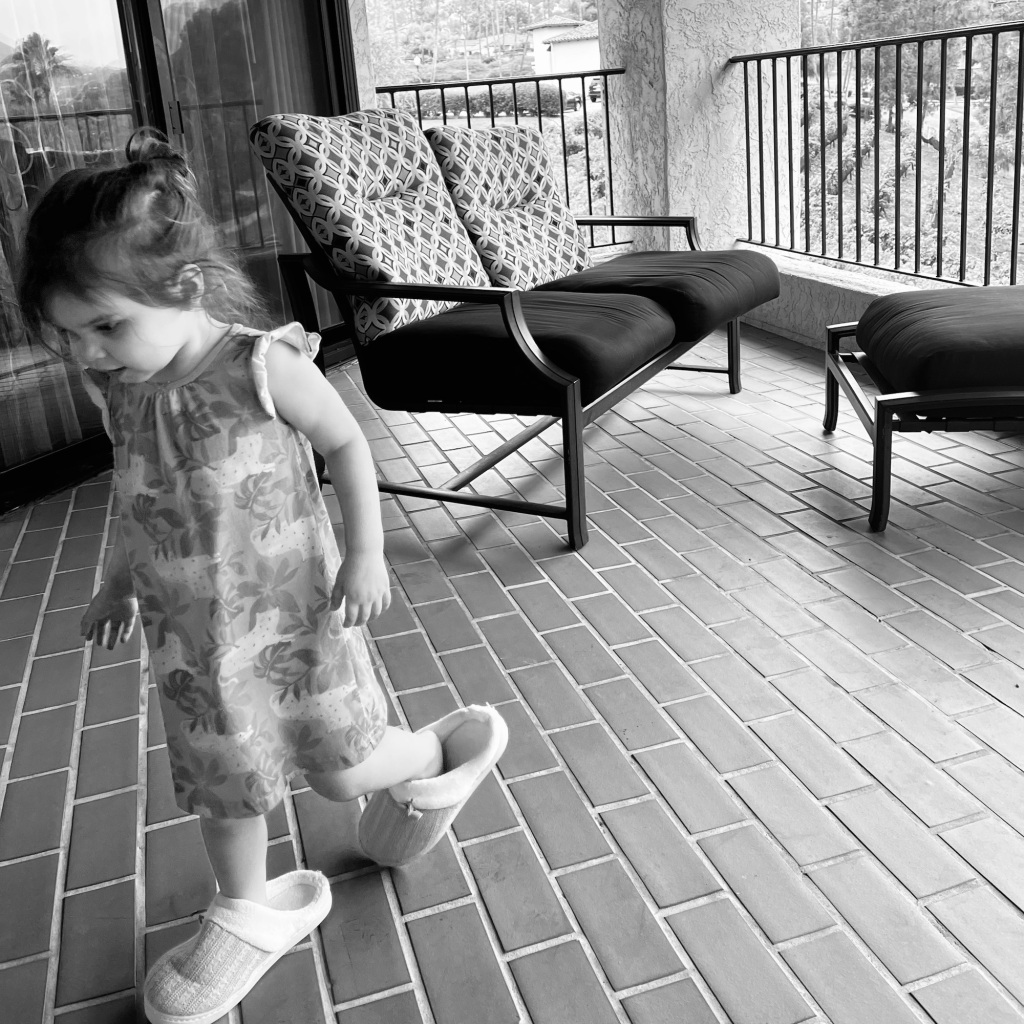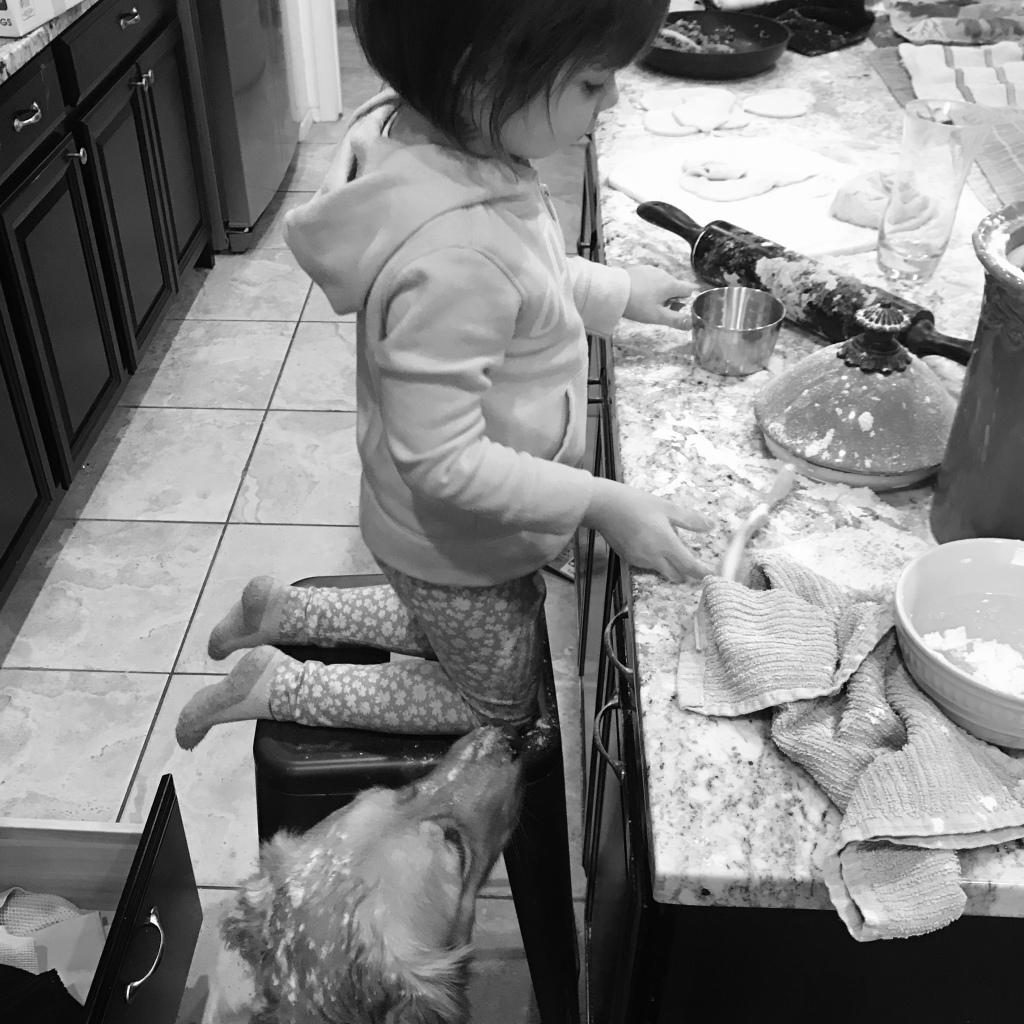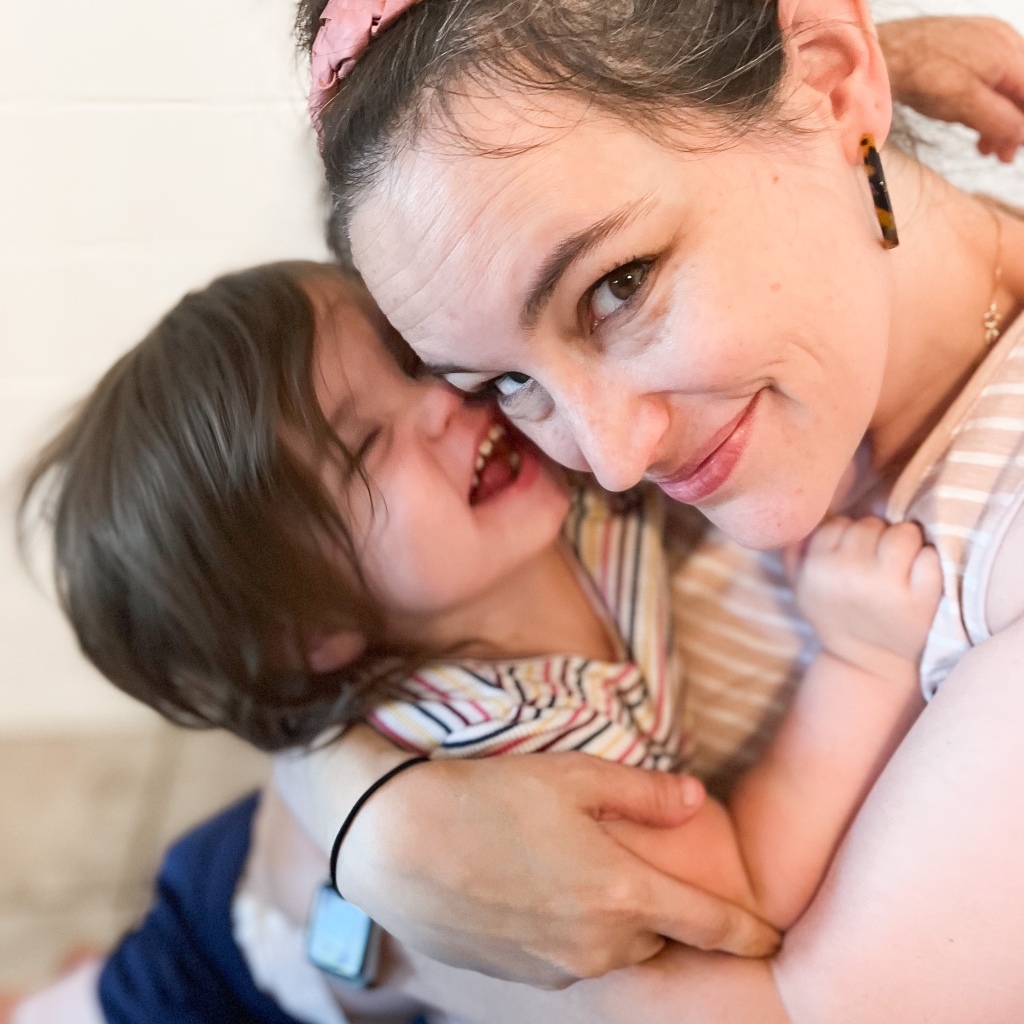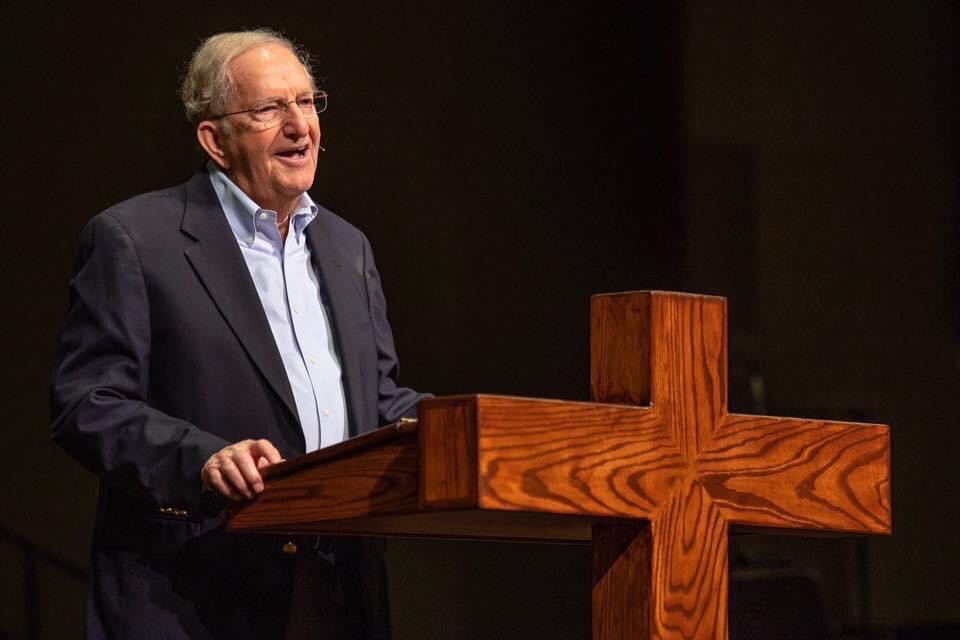Two strangers sat side by side on the Train of Thought. Both had a lot on their minds.
One was named Knowledge, and this train ride offered a timely pause for her weary mind. For as long as she could remember, Knowledge had been a student. She had spent her formative years pouring over the books, filling her mind with facts & figures. She had attended every class, read every text book, and surrounded herself with brilliant people. And she had not limited herself to the academic classroom. She’d spent hours outdoors collecting data, measuring & checking results, and recording it. The more Knowledge grew, the more she felt confident in herself. She was proud of all that she was able to comprehend & retain. She felt certain that there was no limit to what she could know.
But recently she had stumbled across some questions in a book that had given her pause. “Where did I come from? Why am I here?” she had read.
The first question seemed easier to solve, for she knew how she had come to be. She had studied biology and knew all about reproduction & human development. But the more she thought about it, she realized that these facts had been gathered through observation & study over time. What about the first life? When the first life had originated, she hadn’t been there to gather the data. She certainly knew all the theories of how the world came to be, and she had made observations about life that led to her to several different hypotheses; but she was no time traveler. She could only gather proof in the present, not see where time & space began. Furthermore, much of what she had learned about history was also handed down to her. Was she certain that they had recorded their observations correctly? Much of what she learned was often disproven later. All of this was troubling.
The second question bothered Knowledge even more. She had taken so much pride in her life’s work of knowing things. But had she stopped to reflect on why? How does one gather the proof to answer such a question? Every bump of the Train of Thought was jarring, as if the Train itself was shaking into her consciousness every limit she never knew she had. Knowledge realized that she was on the brink of a full blown identity crisis.
Little did she know, the person sitting next to her on the train wasn’t fairing much better. Belief was struggling with her own concerns. For years, she had lived her life on instinct. She had prided herself on her trusting nature & her ability to perceive an earnest heart. She found that many people had real conviction, and she was ready to follow.
As a result, Belief’s life so far had been an adventure, if not slightly unstable. She had followed a variety of people, and had learned the hard way a couple of times that not everyone had noble intentions. Belief did not do anything halfway. Whoever she followed got her full devotion, even worship. Everything she did & said would flow out of her sincere commitment to whoever was leading her. She was beginning to earn a reputation for herself. Because so many people held their convictions earnestly, Belief found herself easily persuaded. Some had called her Gullible & Naïve. Others said that Belief was just a crutch for when hard times came.
Belief wasn’t sure how to feel about all of this. She found that it was with the same fervor that she trusted that she also doubted. Perhaps these naysayers were correct in their assumptions about her. They said it with such conviction.
Recently, Belief had stumbled across the same book as Knowledge and had found herself pondering the questions presented there. She realized that she was completely overwhelmed. Belief, like Knowledge, had heard all the theories. But everyone she had asked about these questions had answered with conviction. How could she possibly know which one was true? Her thoughts rocked back in forth in rhythm with the Train of Thought, and she let out an frustrated sigh.
“I understand that,” muttered Knowledge. Belief’s sigh was the audible expression of her own frame of mind. She turned to her seat mate, “What brings you here?”
Belief didn’t mean to divulge so much to a complete stranger, but before she knew it, she was sharing her life’s story with Knowledge. When she mentioned the book, Knowledge could hardly believe it. “I’ve read that book too! And I certainly have some thoughts.”
She revealed her own struggles with the questions she had read, and as she spoke it dawned on her, “Can’t we be friends? Belief, you can fill in the gaps for me, and I can help support you. Together we can really go places.”
“Perhaps you’re right! You seem like a trustworthy person,” agreed Belief, “Speaking of going places, where exactly are we going?”
“Good question!” Knowledge paused. “Come to think of it, I’m not really sure how I got on this train in the first place.”
“Me either,” Belief said thoughtfully.
Knowledge began to feel a sense of urgency, “There must be someone here who can tell us for certain.”
“I believe the Conductor would know,” Belief mused. As the train lurched, the two new friends stood haphazardly together in search of some answers.
The Conductor, of course, had been there the whole time, and when Knowledge & Belief sought him out, He was ready to help. There was nothing special about His face, but they recognized certain features there that were familiar. Knowledge recognized the lines spread across His forehead, though they seemed deeper to her, as if His knowledge had no limit. To Belief, the resolute way His mouth moved revealed a deeper conviction than she’d ever seen before. But it was when He spoke that she knew for sure; His words had real perfect power in them.
Perhaps they could see a little of themselves in these features; but there was something entirely unique about His eyes that captivated their attention, something that made them feel safe in spite of their limitations. Deep in the warm irises, framed by softened skin of timeless devotion was pure & intense love.
“Your tickets were a gift,” the Conductor said, his voice low & gentle, “You don’t earn your ticket to the Train of Thought. It has always been a gift. Even your ability to know & believe are my gifts to you.”
“How can this be?” both girls wondered.
“Knowledge & Belief, I’ve always intended that you be friends, but that’s not why I invited you on this train,” He looked at them with so much love, “I invited you, so you could be close to me, so you could know & believe with certainty whose you are. That book you’ve been reading? I wrote those questions to be answered by me.”
His eyes focused on Knowledge, “Knowledge, the more you know me, the more you’ll realize how little you know. Rest in this, little one. When pride dies, love can grow.”
He turned next to Belief, “Belief, the more you believe me, the more you’ll be led to be like me, to love like I do, to think & speak like I do. Instead of being led by everyone, you’ll be leading everyone to me. Rest, little one. I will be your strength.”
“That still doesn’t explain where we’re going,” said Knowledge.
“Doesn’t it?” replied the Conductor. The lines in His forehead softened. His mouth turned up in a slight smile.
Belief paused for a moment then said thoughtfully, “Well, if we were invited on this train to know & believe you, then the place you’re taking us must be where we will know & believe you fully.”
“Yes, little one,” said the Conductor. “Now you see me in part, but there you will see me in full. Where we are going, Belief will be confirmed & Knowledge will be complete. Knowledge, your struggle to understand will be over. Belief, you will never doubt again.”
“It sounds like a safe place. If it’s real, I’d like to go there,” said Belief.
“You will,” said the Conductor, “in time. Certainty is not arrived at while you ride the Train of Thought, but it is the final destination. While you wait, I want you to spread the word about what you know & believe. There are a lot of desperate people on this train. Stay together; it’s how I’ve designed you to thrive.” He paused for a moment & looked deeply into their eyes “Of this be certain: I’m always here. I will never leave you. I will keep you on the rails.”
At these words, Knowledge & Belief felt peace for the first time since stepping on the train; they let their minds rest, slowed by the steady turning of well oiled wheels.
“Now, hold onto me,” said the Conductor.
The screech of grinding steel met their ears, sparks like synapses fired off the rails, and with a jolt, the Train of Thought switched track & began chugging toward the horizon.




